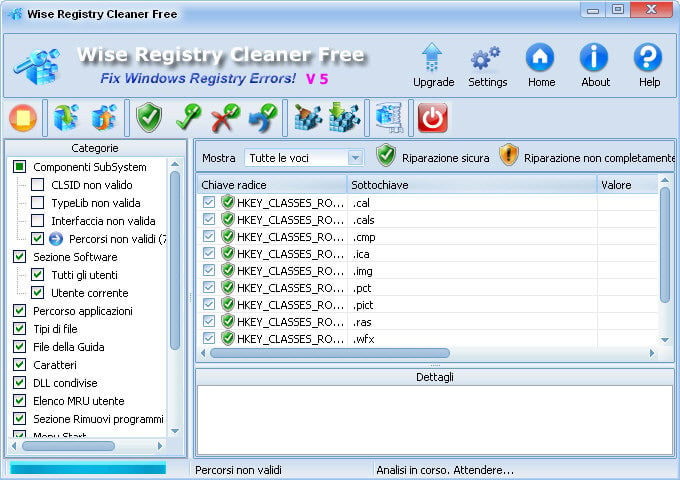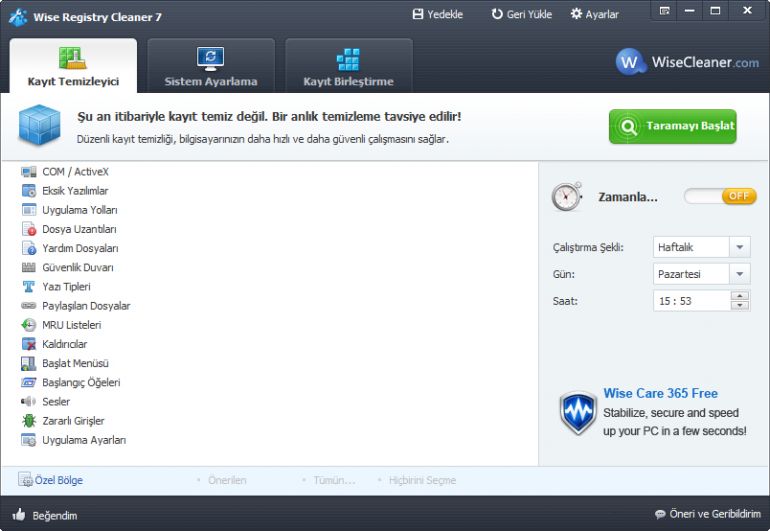

Nevertheless, to be fair, this has happened to many other developers, big and small. You may recall last summer (two months after being acquired by Avast), it was disclosed that the tool had been infected with Floxif malware. Going from 6MB in February 2016 to around 15MB around its v5.41.x release in March this year.

While CCleaner has certainly grown up since its "crap cleaner" days, it's certainly gotten more bloated over the years as well. However since security giant Avast acquired it last year, it's been a stormy ride that's had many doubting how effective or trustworthy the tool really is.

For a long time CCleaner has been the most popular system-cleaning tool for Windows, extending its reach to other platforms like macOS and Android phones.


 0 kommentar(er)
0 kommentar(er)
